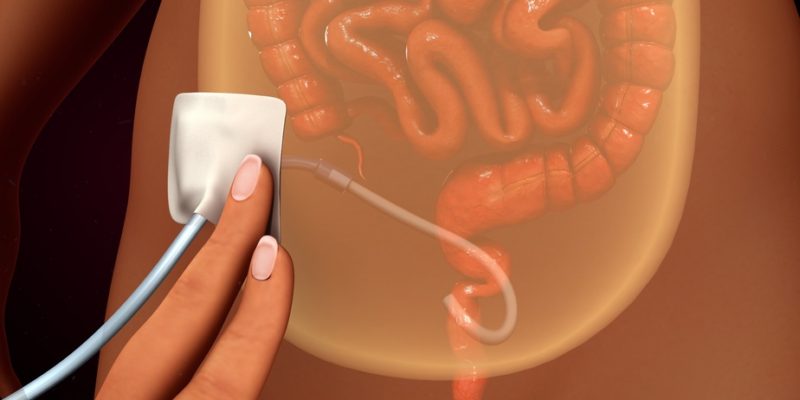Associations of vitamin K status with mortality and cardiovascular events in peritoneal dialysis patients (Xu et al.)
Results of a Chinese cohort study published recently in International Urology and Nephrology revealed that among patients undergoing continuous ambulatory peritoneal dialysis (CAPD), vitamin K deficiency, as expressed by a high level of desphospho-uncarboxylated matrix GLA protein (dp-ucMGP), correlated with malnutrition, inflammation, and valvular calcification, and thereby conferred to an increased risk of mortality and CVEs, which is independent of traditional CVD risk factors.

Researchers enrolled 158 prevalent CAPD patients with a median level of dp-ucMGP of 1093 (752, 1485) pmol/L. Patient outcomes including all-cause mortality and cardiovascular events (CVEs) were recorded during follow-up. Survival curves were performed using Kaplan–Meier method, and the influence of dp-ucMGP on outcomes were analyzed by Cox regression models.
The authors found that a total of 59 deaths and 82 new episodes of CVEs occurred during median follow-up of 31.4 ± 13.1 months (range: 3.8–48.0 months). Kaplan–Meier analysis revealed patients with higher dp-ucMGP levels (≥ 1093 pmol/L) had an increased risk for both mortality (P = 0.005) and CVEs (P < 0.001). Multivariable Cox regression confirmed that higher dp-ucMGP levels increase the mortality risk [hazard ratio (HR), 1.763; 95% CI 1.045–3.291] and CVEs (HR, 1.846; 95% CI 1.074–3.172). For every 100 pmol/L increase in serum dp-ucMGP, the adjusted HRs for mortality and CVEs were 1.054 (95% CI 1.008–1.106) and 1.034 (95% CI 1.012–1.089), respectively.
According to the researchers, “Further studies are needed to determine whether vitamin K supplementation, to increase the rate of MGP carboxylation, and thus decrease dp-ucMGP levels, leads to a regression in ectopic calcification, and subsequently to a reduction in the mortality/CVD risk of patients on CAPD.”
“Based on the finished and ongoing clinical trials conducted among the European population, we already know that supplementation with MenaQ7 leads to decrease in dp-ucMGP level,” explains Dr. Katarzyna Maresz, president of the International Science and Health Foundation. “Vitamin K2 treatment in patients undergoing dialysis with end-stage renal disease (ESRD) may not only improve vitamin K status, but may also may reduce the risk of cardiovascular calcification (CVC).”
References:
Xu Q, Guo H, Cao S, et al. (2019) Associations of vitamin K status with mortality and cardiovascular events in peritoneal dialysis patients. Int Urol Nephrol. doi: 10.1007/s11255-019-02080-x